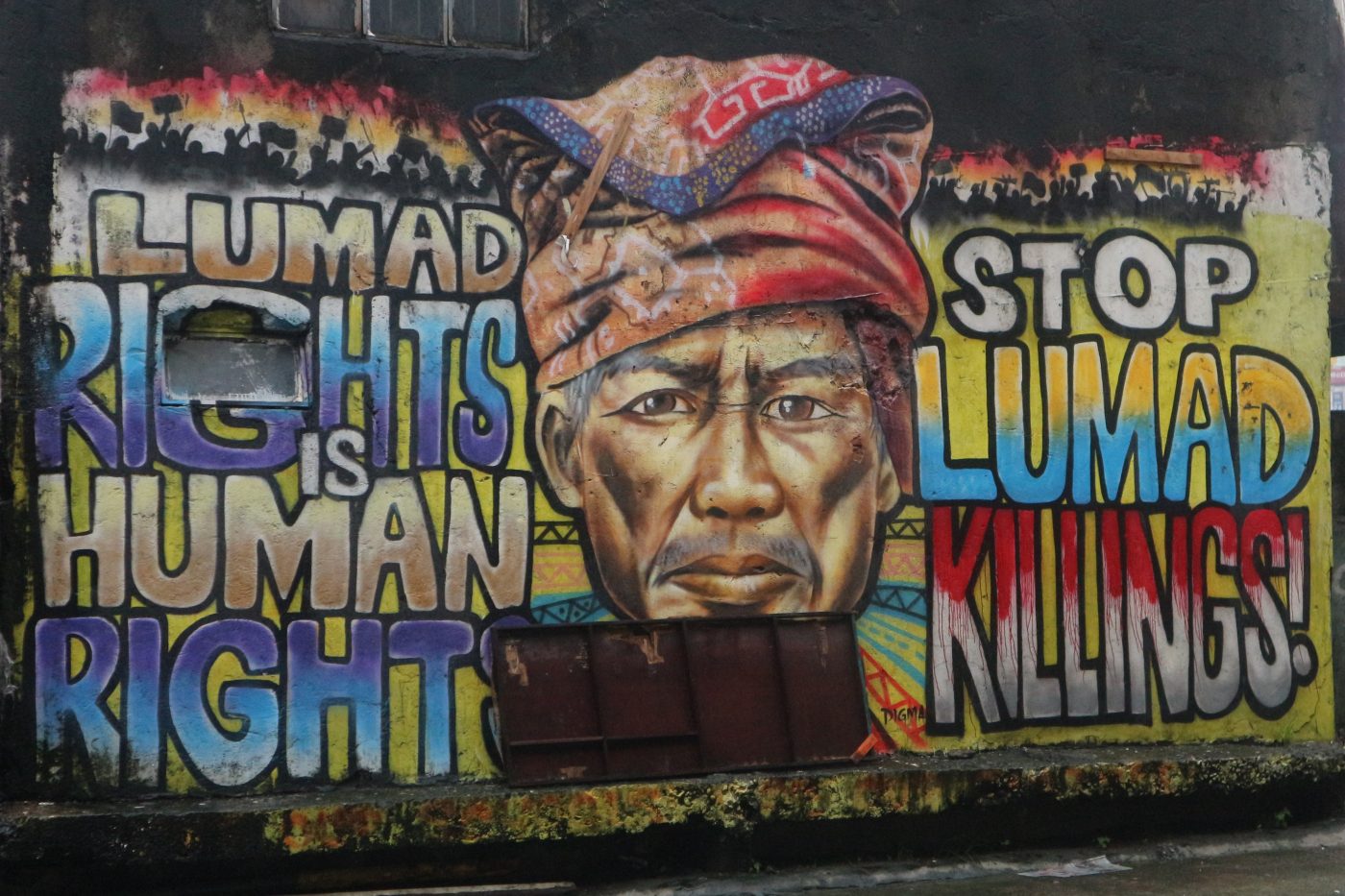Today, there are more than 476 million indigenous peoples that live in 90 nations around the world. According to the United Nations, they make up 6.2 percent of the world population. They have their own unique languages, culture, customs and traditions and have ancestral rights to their lands having possessed these from time immemorial. They are people that are capable of self-governance and have survived for many thousands of years before nations emerged in history. In the last 500 years, colonialism has spread across the world and foreign nations have invaded the lands of indigenous people, killed millions and stolen and occupied their lands. The indigenous people have been infected with western diseases against which they had no defence and millions have died. Others have been massacred and driven to the edge of extinction.
This month, it is 500 years since the Aztec civilization in South America was wiped out by the Spanish conquistadors. In the Philippines, 500 years ago the Spanish invasion began a war of extermination against the Moro people in Mindanao which eventually failed but they conquered the rest of the Islands. The aggression and land-grabbing as well as the attempted extermination of groups of indigenous people is still going on.
The murder and attacks against indigenous people in the Amazon rainforest are also on-going as miners, loggers and agro-farming planters continue to invade ancestral lands in search of gold and plantations. They burn and devastate the environment and drive away the indigenous people.
The Canadian Truth and Reconciliation Commission in 2015 declared a cultural genocide was inflicted against the Canadian indigenous people. As many as 150,000 indigenous children were forcibly abducted from their natural families and locked up in residential schools. Hundreds of children died from hunger, neglect, malnutrition, disease, physical and sexual abuse. The schools, to their eternal shame, were run by religious groups of several denominations but the Catholic Church had the most schools. The children’s human dignity was taken, their language forbidden, their family ties erased.
“These measures were part of a coherent policy to eliminate aboriginal people as distinct peoples and to assimilate them into the Canadian mainstream against their will,” the Commission’s final report declares.
“The Canadian government pursued this policy of cultural genocide because it wished to divest itself of its legal and financial obligations to Aboriginal people and gain control over their land and resources.”
The greatest moral scandal was government agents co-opting churches into running these schools when it fact what the churches did was against the teaching of Jesus of Nazareth himself. He taught that the rights and dignity of every human being is of eternal value. Children are the most important in the Kingdom, he said, and whoever accepts a child accepts him. Anyone who hurts a child or drives a child from him or abuses a child ought to be held seriously accountable, according to His millstone statement. (Matt.18:1-7)
In Mindanao, there are many indigenous groups that are aboriginal people of the island inhabiting their ancestral lands for thousands of years. I mention their names to give them their identity, recognition, and respect. They are the Subanen, B’laan, Mandaya, Higaonon, Banwaon, Talaandig, Ubo, Manobo, T’boli, Tiruray, Bagobo, Tagakaolo, Dibabawon, Manguangan and Mansaka. They are collectively known as the People of the Earth, or Lumad Peoples.
“Lumad” is a word associated with the Communist Party and its armed wing the New People’s Army,” the government’s National Commission on Indigenous Peoples (NCIP) said in the order issued on 4th March 2021.
However, Archbishop Jose Cabantan of Cagayan de Oro, Mindanao disputed this and said the order was branding the indigenous people as insurgents and rebels. “The [NCIP’s] order only reveals its member’s ignorance as to how the struggles of the Lumad have unfolded in Mindanao over the last sixty years,” he said. “It arose without an ideological agenda, let alone that of the Communist movement.”
“It arose out of a united people’s concern to defend the rights of the Lumad from the perspective of a Christian faith that is concerned with the least of our brothers and sisters, victimized by both a repressive state and businesses interested in usurping the Lumads’ ancestral domains for profit,” he said.
All in all, the indigenous people are estimated to comprise fifteen percent of the country’s total population of about 100 million (Journal of Philippine Statistics, 2008: 92). As many as 71 indigenous leaders have been killed by paramilitary groups in recent years. They are tasked to drive the people from their ancestral lands so that mining corporations and palm-oil plantations owned by agri-corporations can continue to move in and take the land for their mining and plantations and they are destroying the environment and the remaining forests in the process.
All this is against Philippine law, the Indigenous Peoples’ Rights Act of 1997. The law is supposed to protect the rights of the indigenous people.
Indigenous peoples need honest rulers of integrity who believe in the rule of law and are supported by an enlightened public that support and live the values of goodness, justice and their rights.

